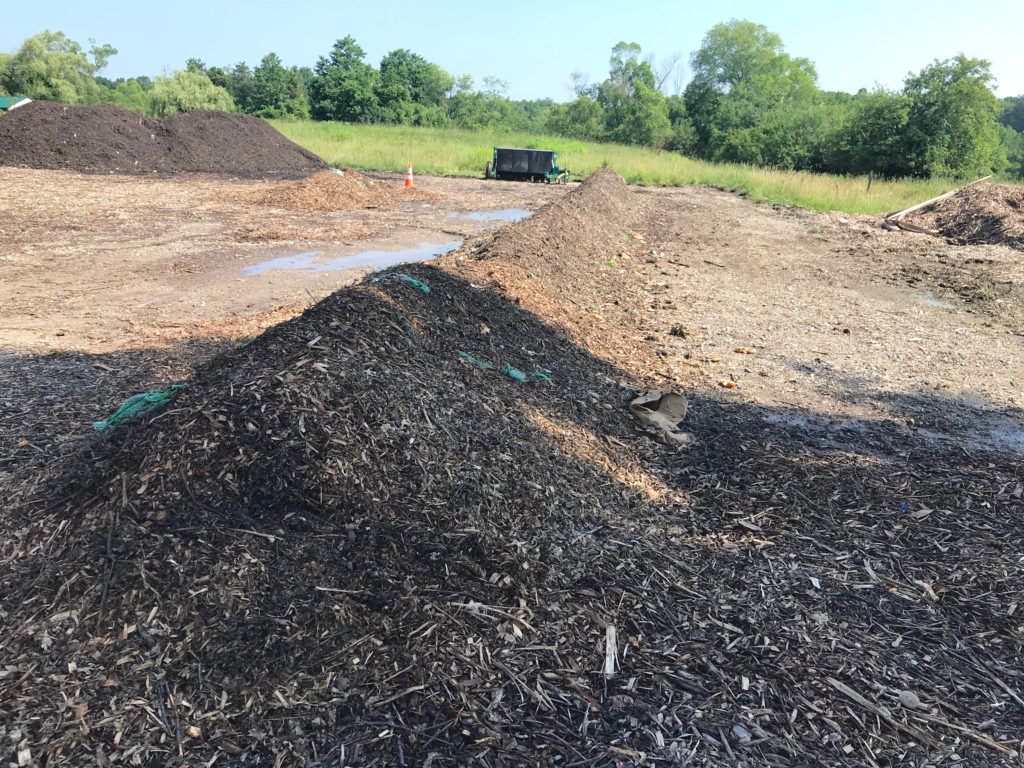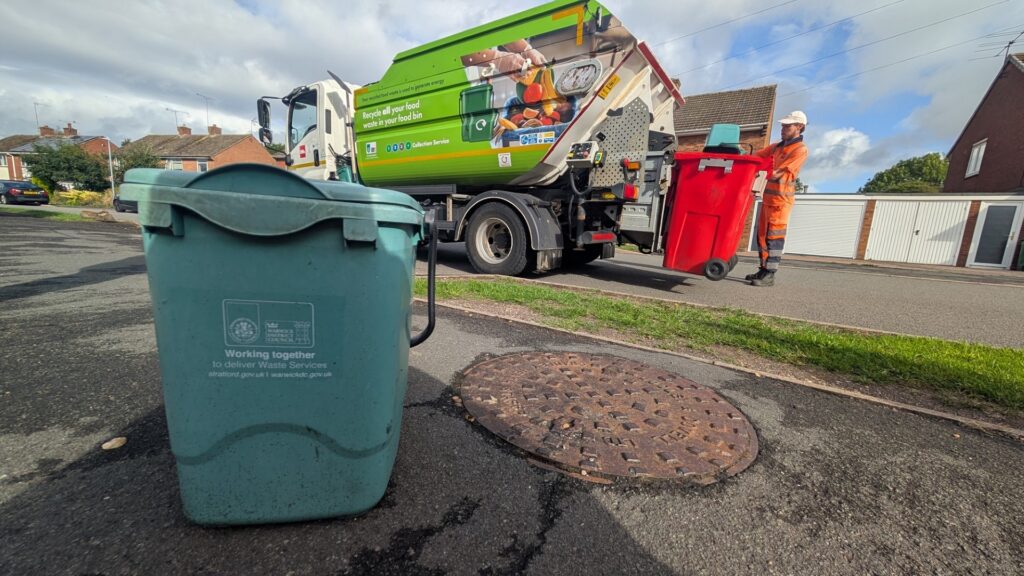A call for evidence for the Waste Review is to be made by the Department for Environment, Food and Rural Affairs (Defra) this summer.

This is a major opportunity to put across at the beginning of a new administration the breadth of waste policies
Diana Linskey, deputy director of waste policy, Defra
And, in a bid to give a light touch to the process, no formal government consultation document will be issued.
Instead Defra is to issue a call for evidence on a range of topics and will also set up a user-friendly website to encourage input from all stakeholders including consumers.
Explaining some of the thinking behind the review, Diana Linskey, Defra's deputy director of waste policy said: “The government is carrying out a full review of policies in England looking at how we reduce waste, how we maximise money to be made from waste and recycling and how those policies affect communities and individual householders.”
She added: “This is a major opportunity to put across at the beginning of a new administration the breadth of waste policies and an opportunity for you as stakeholders to feed into the review to tell us what works and doesn't work and what you would like fixed.”
Ms Linskey was speaking recently to the Anaerobic Digestion and Biogas Association conference, where she emphasised that some aspects of waste policy cannot change. These included: “EU targets for renewable energy, the Landfill Directive, climate change targets for methane reductions.”
And, she highlighted the place of the Waste Framework Directive – on which a consultation was issued last week (see letsrecycle.com story)- as being a Directive which “will continue to drive the way we go, create legal requirements on recycling, and legal requirements on the waste hierarchy moving away from landfill up to recycling, reuse and waste prevention.”
Ambitions
Defra is understood to take the view that there is a legislative framework for waste policy but at the same time, in the light of their being a new government, officials need to make sure that policies are fit for purpose in delivering the new government's ambitions.
In particular, the outcomes of the review will be important in shaping the delivery of a zero waste economy which is one of the aims of the new government, alongside seeking an increased take-up of anaerobic digestion.
Among the themes expected to be discussed in the Review, are regulation, the expansion of localism, community involvement and the green economy.
While the Department acknowledges that “spring” in terms of a timescale can be a loose concept in Whitehall terms, it does hope to have preliminary findings by March or April 2011 with the possibility of a consultation paper following.









Subscribe for free